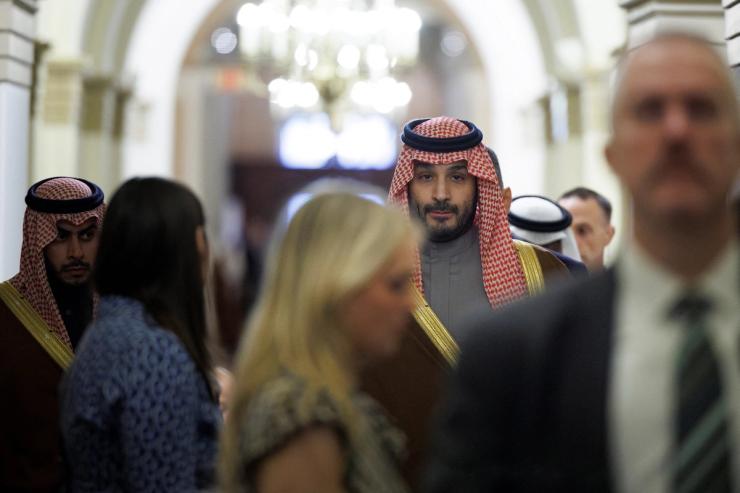The News
Closer ties with the US could ease a longstanding complaint from Saudi Arabia that its investments in the US are unfairly scrutinized under national security laws.
The multiagency Committee on Foreign Investment in the US is process-oriented, even in Trump’s freewheeling Washington, but tends to wave through investments from allies and look skeptically on others. Historically, Saudi Arabia’s squishy status as geopolitically important, but controversial and autocratic, has complicated some of its efforts to buy sensitive US assets.
CFIUS forced a Saudi venture firm in 2023 to unwind its investment in a Silicon Valley chips startup backed by Sam Altman. And though it never became widely known, Saudi officials complained mightily to the Biden administration after CFIUS prevented its sovereign wealth fund, PIF, from buying control of Washington’s Union Station in 2022.
Know More
Trump’s designating the kingdom as a “major non-NATO ally,” as well as agreements this week to sell it US fighter jets and share nuclear technology, could ease the path for future investments, Aimen Mir, a partner at Freshfields who ran CFIUS for nearly a decade starting in 2008, told Semafor.
“Together these factors will likely further improve Saudi Arabia’s overall ability to make investments in the US today,” he said. The agreements struck this week show “this administration’s interest in attracting investment in key sectors like AI” and willingness to “share sensitive technologies,” he said.


